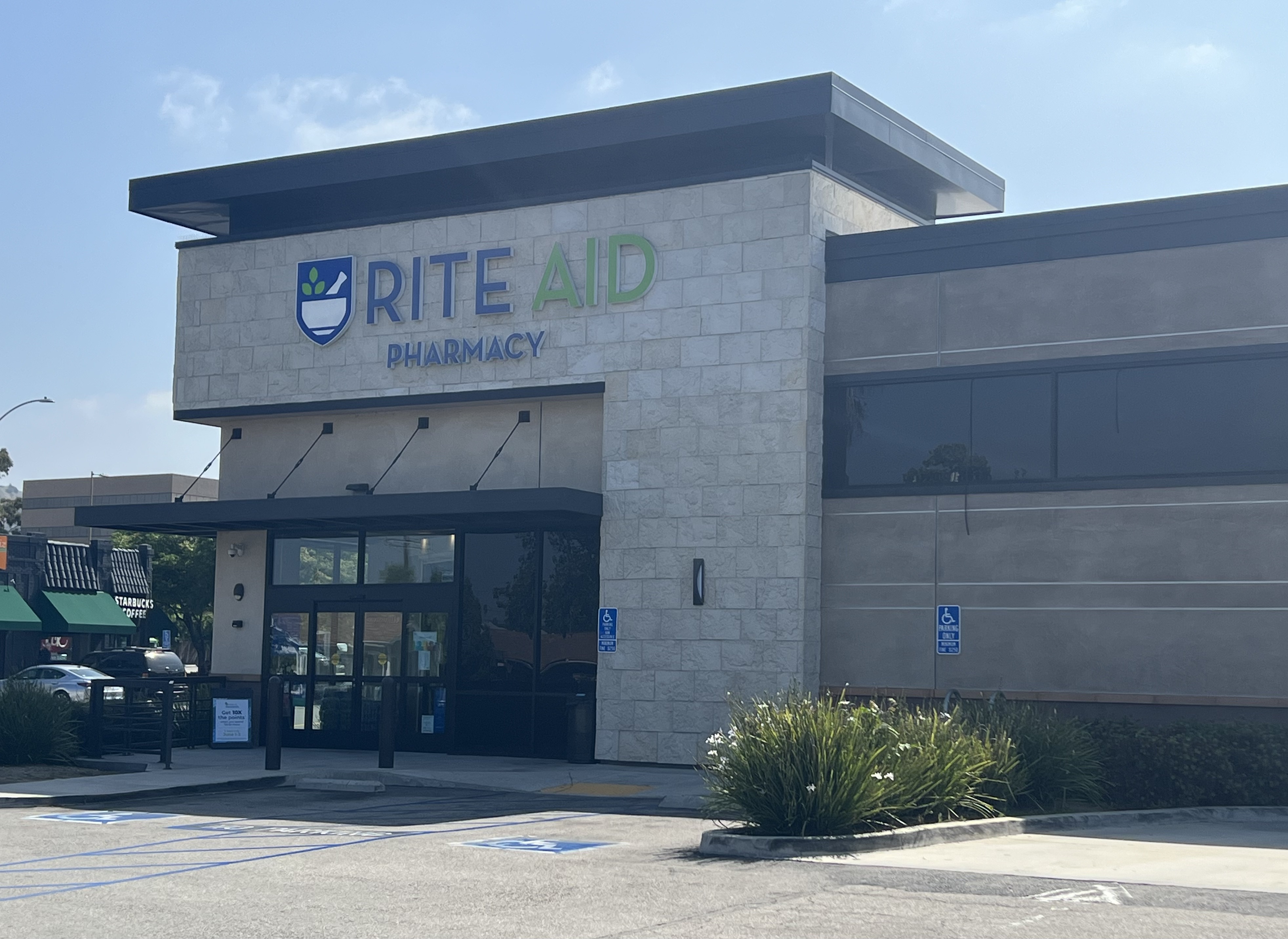Safe-deposit boxes are still a good place for valuables
Published 12:00 am Sunday, August 19, 2018

- Safe-deposit boxes, such as these shown at a former bank, have seen a decrease in demand, but they are still a useful choice for keeping documents and valuables safe outside the home.(Lauren Justice/The New York Times)
As personal banking goes digital, safe-deposit boxes may seem a relic from the analog age. Yet some people still want the security of storage away from home for valuables, important papers and sentimental keepsakes, financial advisers say.
A safe-deposit box is a locked storage bin, usually located in a vault or secure area, that banks and credit unions rent. Typically, customers receive a key and must check in with a bank employee, who uses a second “guard” key in tandem with the customer’s key, to unlock the box. Some banks may offer keyless systems that allow access by scanning a finger or hand.
Federal regulators and industry groups said they don’t have statistics on the use or availability of safe-deposit boxes, but some banks and financial advisers said demand has been slack.
A Bank of America spokeswoman, Betty Riess, said demand for the boxes has dropped “significantly,” particularly among younger customers who prefer digital storage of documents. Fewer than half of its safe-deposit boxes are rented, she said. Elyse Foster, a financial planner in Boulder, Colorado, said that when she contacted several banks on behalf of a client to ask if they offered safe-deposit boxes, “I kept getting ‘no’ answers.” Foster said she was told the boxes took up too much space and demand had fallen in favor of home safes.
But Elizabeth Seymour, a spokeswoman for JPMorgan Chase, said that while she did not have historical data available, Chase currently has safe-deposit boxes in more than half of its branches and that they are still popular with customers.
David McGuinn, a safe-deposit box consultant in Houston, said there were still millions of boxes rented and plenty of branches offering them. He said he considered them “the safest place to store anything you consider valuable.”
So what should you keep in one?
The bank boxes are best for storing documents and valuables that you usually don’t need on short notice. The Federal Deposit Insurance Corp. says “good candidates” include originals of birth certificates, property deeds, car titles as well as paper U.S. savings bonds that haven’t been converted into electronic versions (availability of paper savings bonds is limited these days).
If you travel often or on short notice, keeping a passport in a safe-deposit box may be inconvenient, since you can only access the safe-deposit box during regular bank hours. A home safe may be a better choice. The Wirecutter, a New York Times company that reviews and recommends products, tested and recommended fireproof home safes.
Estate lawyers generally frown on keeping wills in safe-deposit boxes in case access to the box is restricted after the owner’s death. That may cause delays in retrieving the will. “When a person dies, you may not be able to get to it,” said T. Randolph Harris, a lawyer specializing in estate and trust planning at McLaughlin & Stern in New York. He advises clients to keep the original will with their lawyer and to keep a copy at home in a secure place like a locked file cabinet.
Storing emergency cash in a safe-deposit box is also unwise, advisers say. Unlike money in a deposit account, cash in a safe-deposit box isn’t insured by the FDIC, and it may be vulnerable to theft. Earlier this year, the Federal Reserve Board took punitive action against a former bank employee who stole $30,000 in cash from a customer’s safe-deposit box.
Banks aren’t immune to risks from natural disasters. So it’s best to seal documents or other items that may be damaged by flood in plastic bags or containers to help protect them from water damage, McGuinn said.
Paula Pierce, a lawyer in Austin, Texas, urged consumers to carefully read the contract for their safe-deposit box, which outlines what happens if, for instance, you lose your keys. The American Bankers Association said banks don’t keep copies of your key, so if you lose yours, the lock must be replaced. Often, Pierce said, “there’s a hefty charge for getting the box rekeyed,” so keep them in a safe place.
Also, be sure to keep current on rental fees, Pierce said. Details vary by state, she said, but generally, after a period of notice, the bank may be allowed to sell the contents of the box to pay delinquent fees. Any excess money is turned over to the state as unclaimed property.
David J. O’Brien, a fee-only financial planner in Midlothian, Virginia, said he encouraged clients to take an inventory and to visit the box periodically to verify its contents. He said a relative’s safe-deposit box was mistakenly drilled open and emptied by her bank, which had confused it with another box with a similar number whose owner had fallen delinquent on rental fees. The box’s contents — including a watch with sentimental value — were eventually recovered, he said. But the incident suggests that letting items languish indefinitely is a mistake. “You need to catalog what’s in it,” he said, “and then check on it.”






